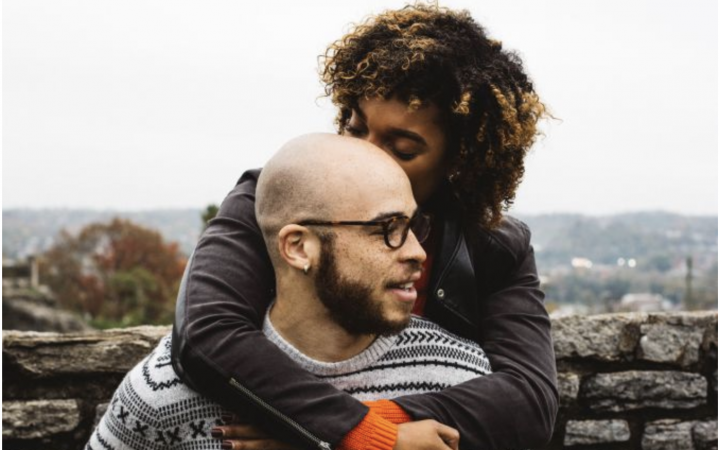
Can We See Our Partners for Who They Really Are?
-
Fixed ideas around who our partners and friends are might be reassuring, but they can also limit growth, says psychotherapist Gilead Yeffett
-
Instead, what would it mean to look at your relationship with fresh eyes?
“For a self that goes on changing is a self that goes on living” - Virginia Woolf
You have known your partner/wife/husband/friends for a long time and they are who they are, always have been and always will be – chances of them changing are slim. Or, maybe people do change and we just do not notice.
We tend to see ourselves as more flexible and capable of change than others. This is partly due to our tendency to judge ourselves by our intentions and others by their behaviour, and partly because we are strongly attached to the idea that we all have essence, a core self within us.
I would also argue that you most likely love and/or hate the people in your life and/or feel frustrated by them and/or any of the many possible combinations of feelings we can develop in relation to other people because of who you believe they are – at the core.
But, this view is problematic because changes are often so gradual that it is hard to draw a line between who we were in the past and who we are today.
The paradox of Theseus’ ship may illustrate this well. A ship goes on a long voyage and requires significant repairs: new planks to replace the old ones, fresh oars to replace the decayed ones and so on. By the time the ship returns to port, there is not one single piece that belonged to the ship when it departed. Is this the same ship, even though materially it is completely different?
This paradox can help us to look beyond the immediacy of our relationships and consider them at longer stretches of time. It also invites us to consider our relationships as activities, rather than mere concepts.
The Greek philosopher Heraclitus provides another useful image of the constant change in relationships with his famous saying: ‘It is not possible to step twice into the same river’ – the river we step into a second time is changed from the river we stepped into originally and we have changed too. A marriage, or any relationship for that purpose, that facilitates growth changes the partners involved, of course, and the relationship itself.
Under these assumptions, a meaningful relationship is about expanding its boundaries, taking perspective and focusing on shared goals. If we accept that every day we wake up to a slightly different relationship, we can reinvent it. And whilst essentialism – the idea that we all have a stable and historical set of characteristics which make us who we are – helps us to make a coherent sense of who we and other people are, it can also prevent us from having a clearer view of our relationships.
Gilead Yeffett is a verified Welldoing psychotherapist in London and online










